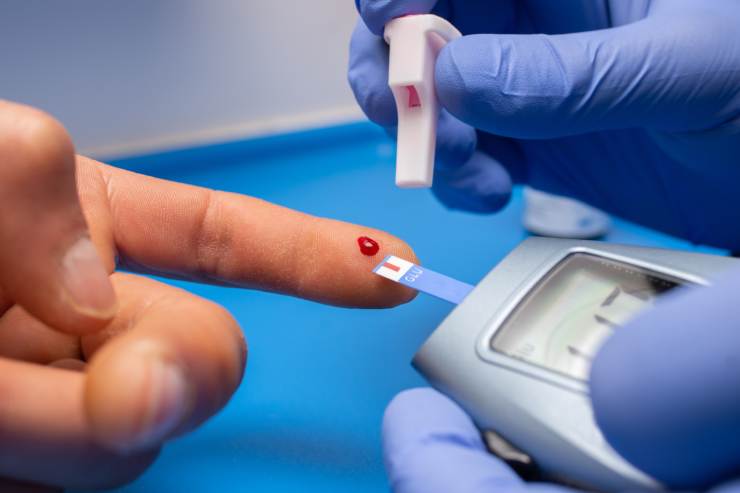
Diabetes is a prevalent lifestyle disorder in India, with the number of cases steadily increasing. At KVT Hospitals, our Diabetology department is equipped with experienced doctors and cutting-edge technology for comprehensive testing and diagnosis. We provide personalized treatment plans for each patient from their first visit, ensuring tailored care for managing diabetes and its associated complications. Our department works closely with other specialties, particularly surgical departments, to monitor and manage critical cases. We specialize in treating various forms of diabetes, including Type 1, Type 2, and Gestational diabetes.
Common symptoms of Type 1 and Type 2 Diabetes include:
Diabetic complications can develop gradually, especially with poorly controlled blood sugar levels. Some common complications include: